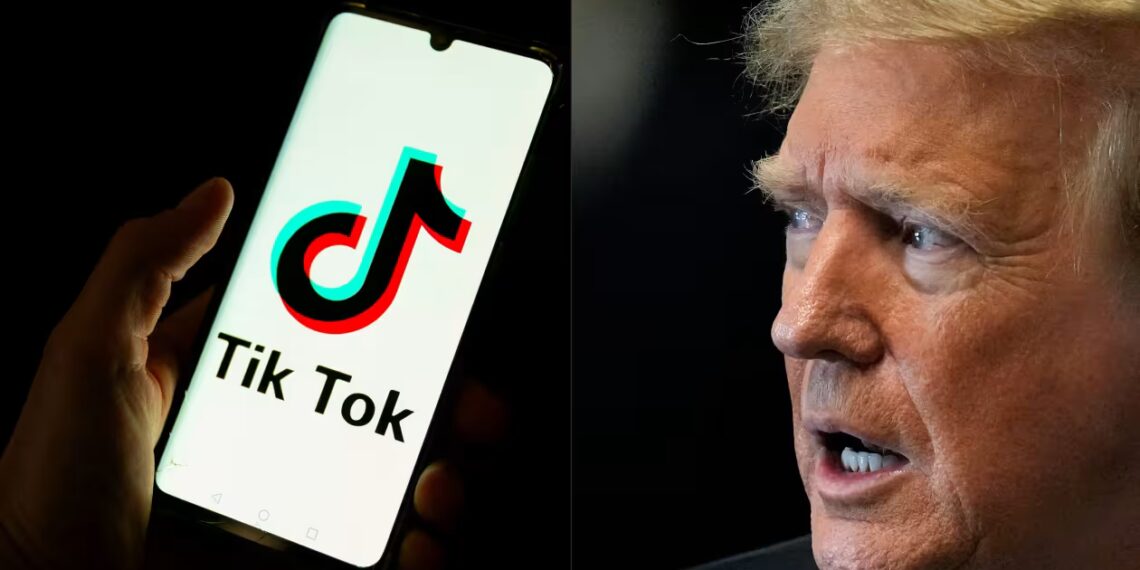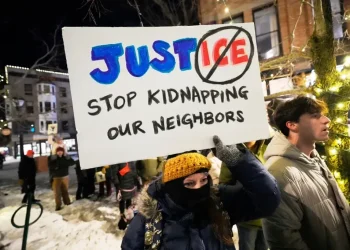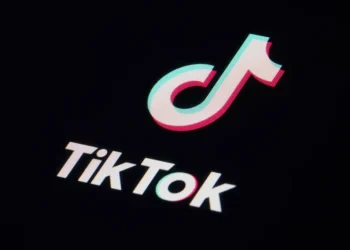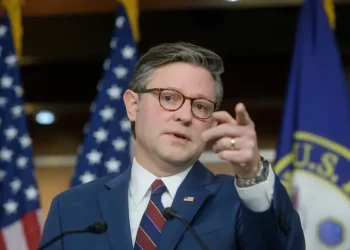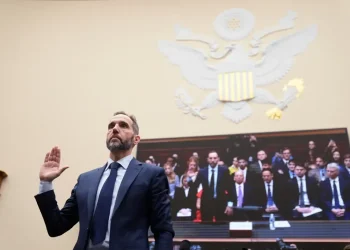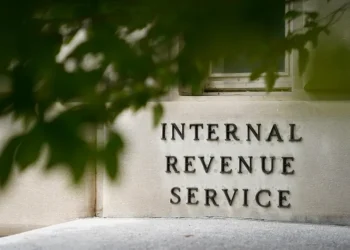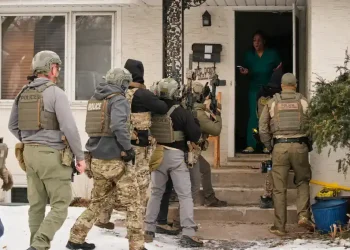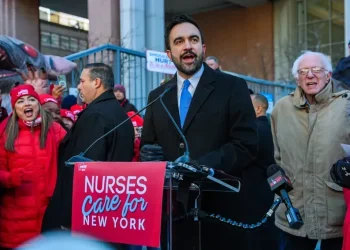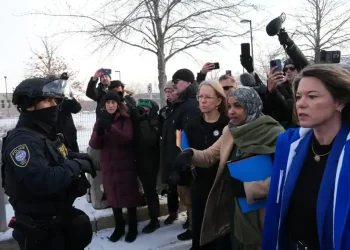Trump Asks Supreme Court to Delay TikTok Ban
Former President Donald Trump has petitioned the U.S. Supreme Court to postpone the looming January 19 deadline for a potential TikTok ban. This request aims to provide his incoming administration more time to negotiate a resolution. In an amicus brief filed on Friday, Trump highlighted his negotiation skills, claiming he is uniquely positioned to address the dual challenges of safeguarding national security and preserving the popular social media app.
Trump’s Position
“I take no position on the merits of the dispute,” Trump stated in the filing. Instead, he urged the court to delay the ban to allow his administration time to broker a deal, potentially avoiding the Supreme Court’s need to resolve the contentious First Amendment issues surrounding TikTok.
The Legal and Political Context
The Supreme Court has fast-tracked the case, with oral arguments set for January 10—just nine days before the ban’s scheduled enforcement. The contested law, signed earlier this year by President Joe Biden, mandates that TikTok sever ties with its parent company, ByteDance, or face removal from U.S. app stores and hosting services.
TikTok, which has over 170 million U.S. users, is at the center of a broader debate about national security, free speech, and the reach of U.S. tech regulations. Both TikTok and the U.S. Department of Justice submitted opening arguments on Friday:
- TikTok’s Defense: The company argued that the First Amendment protects its operations and cited ongoing efforts to mitigate concerns over its ties to China, particularly regarding the potential misuse of sensitive user data.
- Justice Department’s Argument: The government countered that the law is constitutionally sound, contending it only marginally affects free speech while addressing legitimate national security threats posed by TikTok’s foreign ownership.
The Broader Debate
The TikTok ban has sparked divisions across the political and legal landscape. Advocacy groups like the ACLU view the law as a significant threat to free speech and have urged the Supreme Court to overturn it. Conversely, a coalition of former national security officials, including ex-Attorneys General Michael Mukasey and Jeff Sessions, supports the law, citing concerns over the Chinese Communist Party’s potential influence through TikTok.
Lawmakers are similarly split:
- Opponents of the Ban: Senators Rand Paul (R-Ky.), Ed Markey (D-Mass.), and Representative Ro Khanna (D-Calif.) have argued the law infringes on First Amendment rights.
- Supporters of the Ban: Representatives John Moolenaar (R-Mich.) and Raja Krishnamoorthi (D-Ill.) back the law, emphasizing its importance to national security.
Trump’s Strategy
Despite his party’s general support for the ban, Trump has consistently opposed it, even praising TikTok for its role in engaging younger voters during his presidential campaign. His recent intervention escalates his efforts to block the ban, putting him at odds with the Biden administration and many Republican lawmakers.
Implications and Next Steps
The Supreme Court’s decision will have far-reaching consequences, affecting U.S.-China relations, tech industry regulations, and free expression on social media platforms. Both parties in the case must submit final reply briefs by January 3.
As the January 19 deadline looms, TikTok critics remain optimistic about a ruling in favor of the government. Representative Moolenaar stated, “After TikTok exhausts its legal options, I believe the law will move forward quickly.” However, TikTok has argued that a forced sale is impractical and is preparing for the ban to take effect unless the court intervenes.
The clock is ticking as the legal, political, and technological stakes continue to rise.
This article was rewritten by JournosNews.com based on verified reporting from trusted sources. The content has been independently reviewed, fact-checked, and edited for accuracy, neutrality, tone, and global readability in accordance with Google News and AdSense standards.
All opinions, quotes, or statements from contributors, experts, or sourced organizations do not necessarily reflect the views of JournosNews.com. JournosNews.com maintains full editorial independence from any external funders, sponsors, or organizations.
Stay informed with JournosNews.com — your trusted source for verified global reporting and in-depth analysis. Follow us on Google News, BlueSky, and X for real-time updates.
